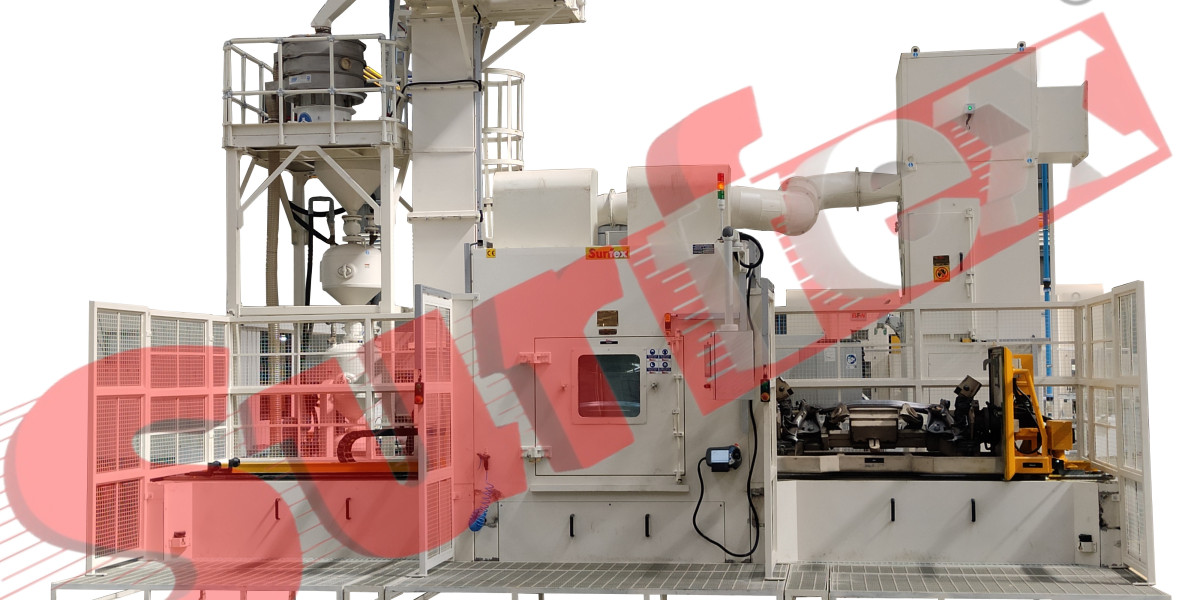According to the latest report from Future Market Insights (FMI), the European trolley bus industry is projected to reach a valuation of USD 999.1 million by 2033, growing at a moderate compound annual growth rate (CAGR) of 2.7% during the forecast period. By 2023, the market is expected to achieve a significant milestone, reaching USD 765.4 million.
The resurgence of the trolley bus market in Europe is largely driven by the demand for sustainable urban mobility solutions. Trolley buses, which operate on electricity sourced from overhead wires, present a zero-emission alternative to conventional diesel buses. As European cities confront air pollution and strive to meet stringent environmental regulations, trolley buses emerge as a practical solution for reducing greenhouse gas emissions and enhancing air quality. Cities such as Zurich, Geneva, and Athens have established trolley bus networks, and more municipalities are now considering or expanding their systems to promote sustainable public transportation.
Technological advancements play a crucial role in modernizing and enhancing the efficiency of trolley bus systems. Innovations like battery-trolley hybrids allow buses to operate on routes without continuous overhead wires, thereby improving route flexibility and reducing infrastructure costs. These hybrid systems enable trolley buses to switch seamlessly between on-wire and off-wire operation, utilizing battery power in areas without overhead cables. Moreover, advancements in energy storage and regenerative braking technologies are enhancing the efficiency and range of trolley buses, making them more competitive with other electric and hybrid public transport options.
Investment in trolley bus infrastructure is further bolstered by government policies and funding initiatives aimed at promoting green public transport. The European Union is providing financial support through various programs and funds for cities and municipalities that invest in trolley bus networks. These initiatives are part of broader efforts to develop smart, sustainable cities and alleviate urban congestion. Additionally, public-private partnerships are emerging as a viable funding and operational model for trolley bus systems, combining public sector oversight with private sector efficiency. As European cities continue to prioritize sustainable transport solutions, the trolley bus market is poised for growth, driven by technological innovations, regulatory support, and the increasing demand for environmentally friendly urban mobility options.
Get Ahead with Our Report: Request Your Sample Now!
Top Highlights from the FMI’s Analysis of the Europe Trolley Bus Industry:
- The dual-powered segment is projected to grow at a significant pace over the assessment period. The segment is expected to outshine pure electric technology in the upcoming years. Research and development for the former segment are expected to drive its technological growth.
- On the basis of application, local commute transportation is expected to generate significant growth opportunities. The growing adoption of greener passenger transport is anticipated to push market growth.
- Italy is expected to generate a massive revenue share in the region. In Italy, the availability of well-established public transport infrastructure is projected to push regional growth.
- France holds the potential for the trolley buses industry growth. Significant investments in trolley buses are expected to push the market growth. Additionally, new trolleybuses with 10% more capacity, are expected to be delivered by 2024.
- Ukraine, another European country, observes high demand for trolley buses. Currently, this disputed place inhabits the world’s extensive trolley bus. Enhancing public transit infrastructure in Ukraine is expected to positively influence passengers to opt for the trolley bus.
Keeping Abreast with the Market Ongoing: Industry News
- In March 2022, Solaris announced that it is going to deliver 15 trolley buses to Targu Jiu, Romania. This delivery came under the 7.5 million Euro deal.
- Solaris Bus & Coach is a unit of Spain’s CAF. In November 2020, the company announced the supply of 65 hybrid and electronic buses and trolley buses to 5 Romanian cities.
Key Players in the Market
- Construcciones y Auxiliar de Ferrocarriles, S.A.
- OJSC Holding Managing Company Belkommunmash
- ŠKODA Transportation a.s.
- Kiepe Electric GmbH
- Carrosserie Hess AG
- Bohdan Motors JSC
Trolley Bus Industry by Category
By Bus Type:
- 12 M
- 18 M
By Application:
- Local Commute Transportation
- Amusement Parks
- Auxiliary Purpose
By Technology:
- Pure Electric
- Dual Powered (Electric + Battery)
By Country:
- Russia
- Germany
- United Kingdom
- Italy
- Spain
- France
- Greece
- Nordic
- BENELUX
- Ukraine
- Romania
- Rest of Europe















